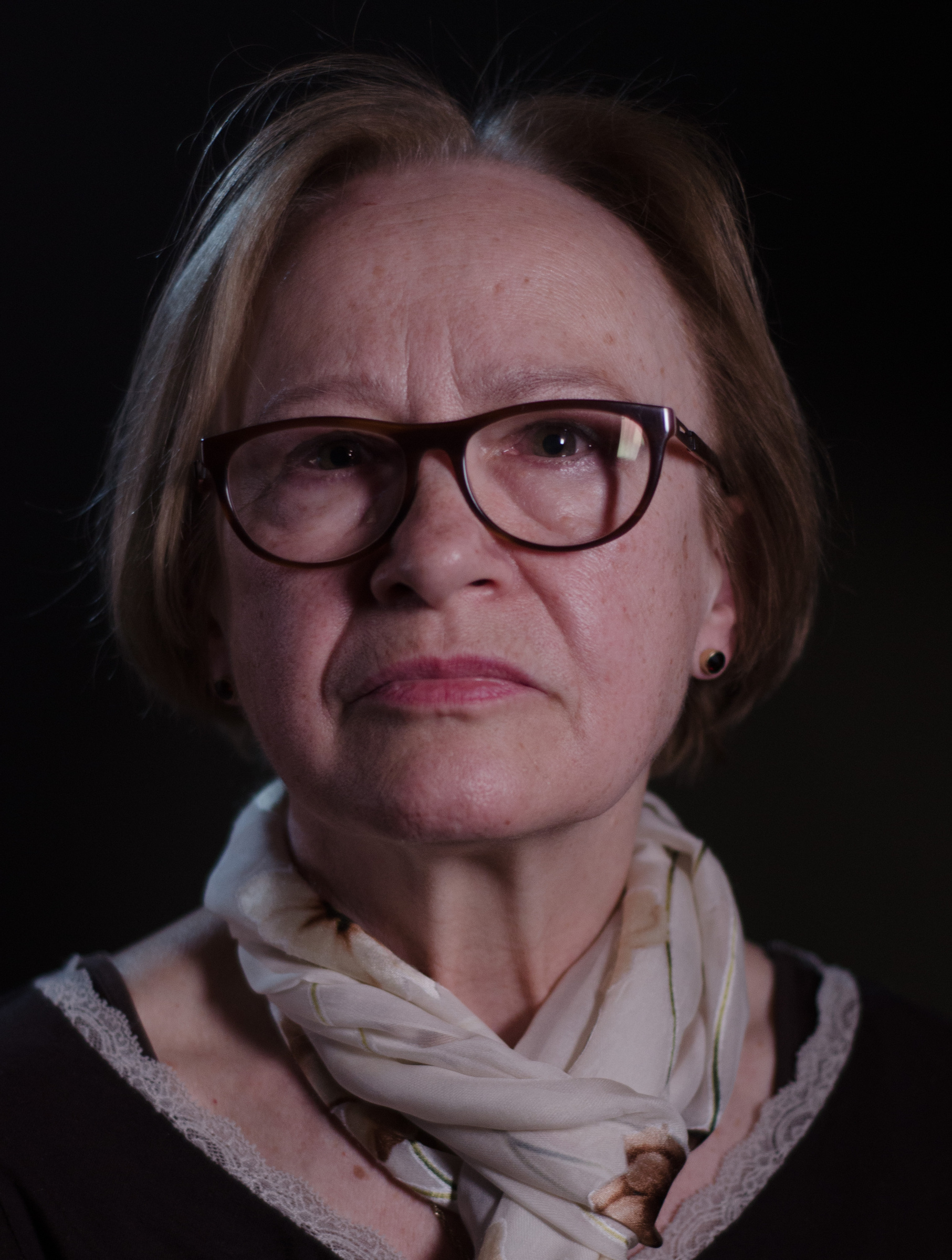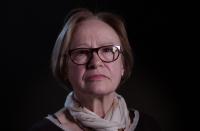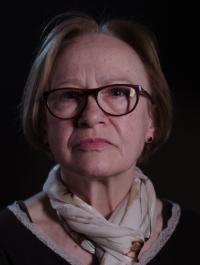The ideological surveillance was in people’s minds

Download image
Artist and designer Milada Kučerová was born December 19, 1946 in Prague. Her father Kamil Pixa, who had been imprisoned during the war for his participation in the resistance movement, was one of the leading officers of the emerging State Security after the war, where he worked until 1952. Later he worked in the film industry and became director of Prague Short Film. Milada’s parents separated in 1953 or 1954. The witness graduated from Jan Neruda grammar school in Hellichova street and subsequently studied at the DAMU Department of Puppet Theatre in Prague. At the beginning of the Normalization period, she accepted her father’s offer to work as a puppet artist for three movies produced by the Jiří Trnka studio. At the same time, she worked as a scenographer and artist for small theatres. However, these activities came to an end after she and her husband Rudolf Kučera attended the funeral of professor Jan Patočka in 1977. Ever since then they were under the surveillance of the State Security. For that reason, Milada worked as a cleaning lady and freelance toy designer. Together with her husband they published a samizdat magazine called Central Europe since mid-1980s. Following the 1989 revolution, she was able to exhibit again.

